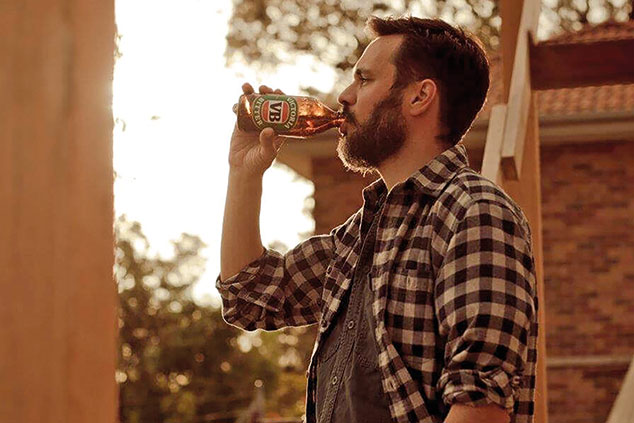
Early this year the Japanese beer giant Asahi paid £250m to gulp down Fuller, Smith & Turner. Now it has “swooped” on AB InBev’s Australian beer operations in an $11bn (£8.7bn) deal, says Chris Johnson in The Daily Telegraph. Asahi hopes that its purchase of Carlton & United Breweries, “which owns brands including Victoria Bitter (VB), Cascade and Crown” will give it a “significant boost” in Australia, “which is already Asahi’s second-largest overseas market after Europe, where its brands include Peroni, Grolsch and Estrella.
Asahi needed to do something, says Kantaro Komiya in Bloomberg. After all, it and its key rival have “seen domestic beer shipments decline for 14 straight years as fewer people reach the legal drinking age”. But the cure for grappling with an ageing and shrinking population may be worse than the disease. The deal will require it to double its debt load and issue about 10% more shares. Credit-ratings agency Moody’s warned that the deal will “significantly raise Asahi’s financial leverage”. So, it’s no surprise that investors “lopped $2bn from the brewer’s market value” after the news was announced.
A frothy valuation
It’s good news that Asahi is buying a “highly profitable, high-margin business”, says Alec Macfarlane on Breakingviews. However, at 14.9 times 2018 earnings, compared with Carlsberg and Kirin on around ten to 12 times, Asahi is overpaying. In order to generate a decent return on investment it will have to find some new way to double Carlton & United’s operating profit to around $1bn. That won’t be easy given that AB InBev is known as a “master of cost-cutting”. So, while the deal may make sense from a strategic perspective, it looks “reckless” from a financial one.
Asahi may be paying too much, but AB InBev and its shareholders will be able to walk away happy, says Carol Ryan in The Wall Street Journal. The money will be used to reduce net debt to around 3.9 times profits by the end of this year. That “sends an important signal to investors who have punished the stock for the company’s high debt levels over the past 18 months”. The deal also reduces AB InBev’s exposure to the “volatile” Aussie dollar.
It’s probably for the best that AB InBev is leaving the Australian market, given that beer consumption down under has slumped from 500 bottles per person a year in 1975 to 224 in 2017, says Lex in the Financial Times. What’s more, the sale of Carlton & United could also help AB InBev fulfil its long-term plan of floating its Asia-Pacific business. While it was recently forced to cancel an initial public offering of the $54bn division owing to a lack of enthusiasm from institutional investors, “a smaller Asian business should be easier to float”. Such a listed vehicle could then be used “to acquire regional rivals”.